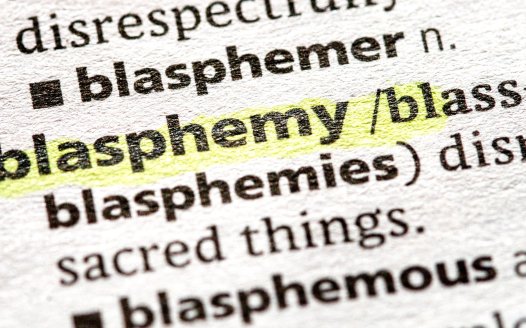Headscarves and other religious, philosophical and political symbols can be banned at work, says European Court of Justice
Posted: Tue, 31st May 2016
A general workplace ban on religious, philosophical and political symbols, including headscarves, is not discriminatory against Muslim women, a European Court of Justice (ECJ) judge has said.
Such a ban could be "justified in order to enforce a policy of religious and ideological neutrality," the ECJ advocate general decided, in a non-binding opinion issued on a Belgian case referred to the court.
The senior Court of Justice lawyer found that "The fact that a female employee of Muslim faith is prohibited from wearing an Islamic headscarf at work does not constitute direct discrimination based on religion".
The case concerned a Muslim receptionist in Belgium, Samira Achbita, who was fired from UK-owned G4S after she started coming to work with a headscarf in defiance of company policy.
The European court advised that the Belgian court "must" take into account the country's "national identity", as well as "the size and conspicuousness of the religious symbol" when reaching a final verdict. A final ruling will not come until later this year.
The advocate general of the ECJ explained that "the legal issues surrounding the Islamic headscarf are symbolic of the more fundamental question of how much difference and diversity an open and pluralistic European society must tolerate within its borders and, conversely, how much assimilation it is permitted to require from certain minorities."
Under company policy G4S employees were "not permitted to wear any religious, political or philosophical symbols while on duty."
The ECJ lawyer's opinion said that after working for G4S for three years without wearing a headscarf in working hours, the complainant "announced that, in future, she intended to wear a headscarf during working hours as well, for religious reasons. The company management pointed out that this was at odds with the neutrality sought by G4S."
After insisting on wearing a headscarf in defiance of company policy, she was subsequently dismissed and then brought a claim of discrimination against her employer.
In their opinion, the advocate general said that a headscarf ban would not necessarily make it "unduly difficult for Muslim women to integrate into work and society."
"Ms Achbita's case in particular makes this readily apparent. Ms Achbita worked as a receptionist for G4S for approximately three years without wearing an Islamic headscarf at work and was thus fully integrated into working life as a Muslim woman, despite the headscarf ban. It was not until after more than three years of working for G4S that she insisted on being allowed to come to work in a headscarf and, as a result, lost her job."
The case was referred to the ECJ by a Belgian court following nearly a decade of legal wrangling.
An earlier ruling from the Belgian Labour Court dismissed Achbita's claim, and it was also dismissed on appeal.
The Advocate General's opinion in the case can be read here.







